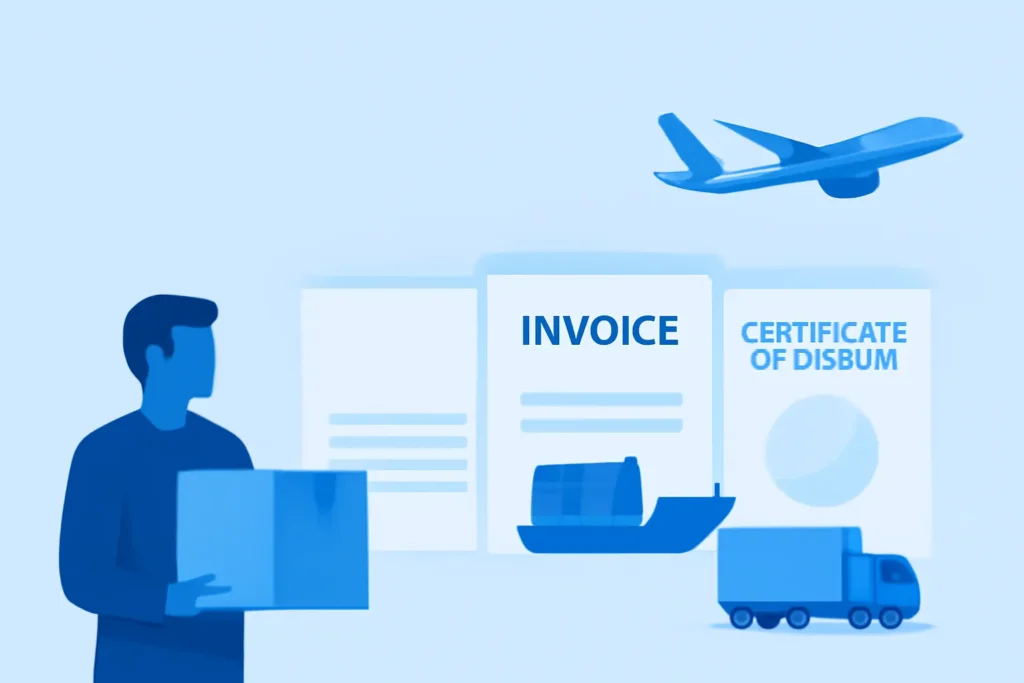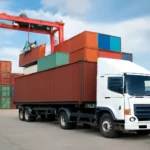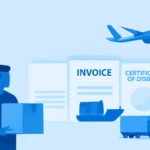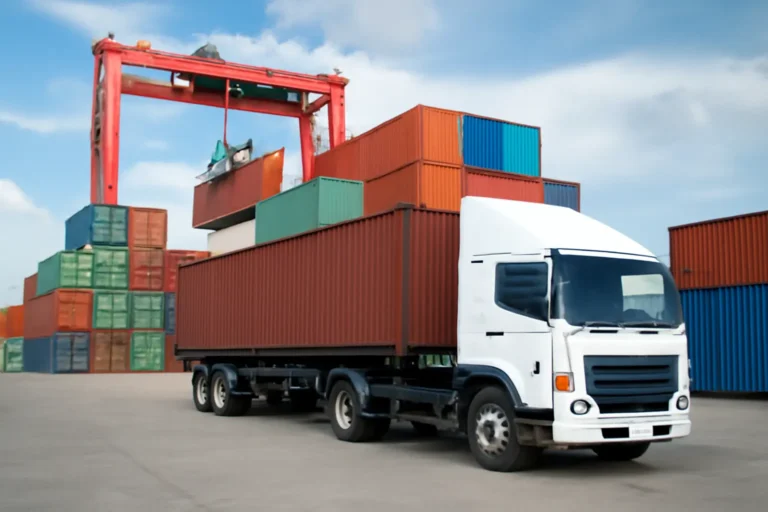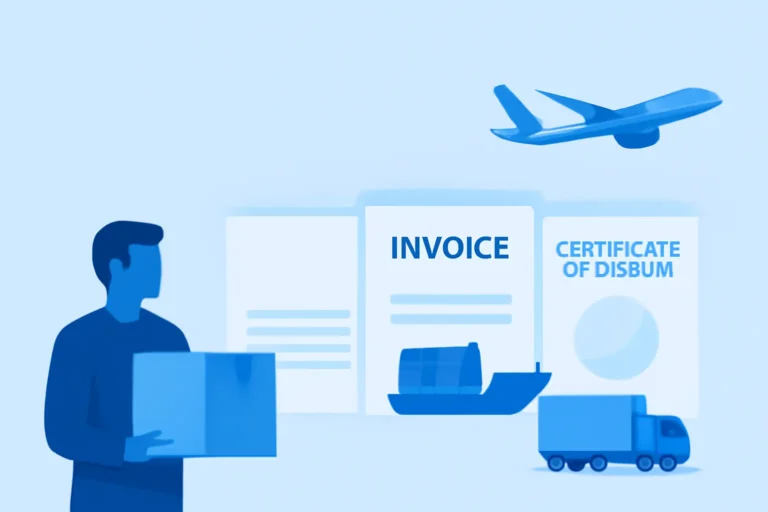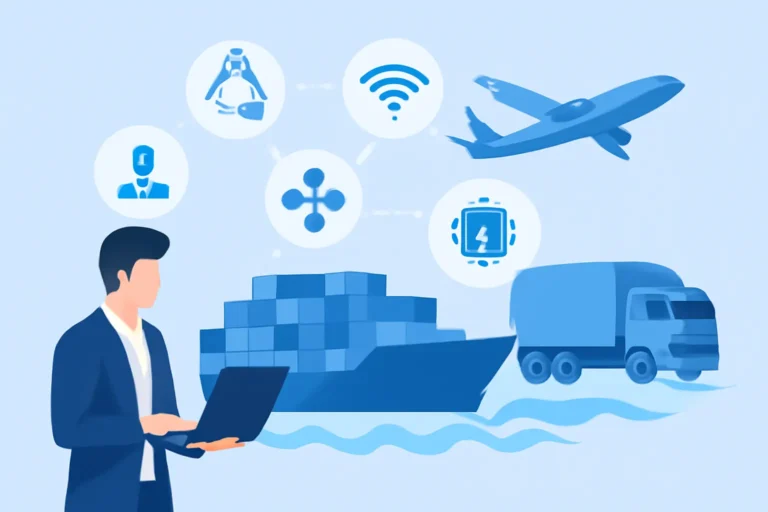Shipping goods internationally can seem daunting, especially for businesses or individuals new to the process. From selecting the right shipping method to understanding customs regulations, there’s a lot to consider. In this guide, we’ll cover the basics of international shipping, including key terminology, essential documents, and the steps involved in getting your goods from one country to another.
Key Shipping Terms You Need to Know
Before diving into the logistics of international shipping, it’s important to familiarize yourself with some essential shipping terms. Here are a few key terms that will help you navigate the process:
-
FOB (Free On Board): This indicates the point at which responsibility for the goods transfers from the seller to the buyer. The seller is responsible for the goods until they are loaded onto the shipping vessel. After that, the buyer assumes responsibility for shipping costs and risks.
-
CIF (Cost, Insurance, and Freight): This term means that the seller is responsible for the cost of shipping, insurance, and freight up to the destination port. Once the goods reach the destination port, the buyer is responsible for further costs.
-
Bill of Lading (BOL): A crucial document in international shipping, the bill of lading acts as a receipt for the goods and a contract between the shipper and the carrier. It outlines the terms of the shipment, including destination, shipping method, and delivery instructions.
Choosing the Right Shipping Method
There are several shipping methods available, depending on the size, weight, and urgency of the goods being shipped:
-
Air Freight: Air freight is the fastest shipping method and is ideal for time-sensitive shipments. It’s typically used for high-value or perishable goods but can be more expensive than other options.
-
Sea Freight: Sea freight is the most cost-effective method for shipping large volumes of goods, but it takes longer than air freight. It’s commonly used for bulky items, such as industrial equipment or raw materials.
-
Land Transport: For shipments within a specific region or between neighboring countries, land transport can be a practical and affordable option. This includes both truck and rail transport.
Understanding Customs and Import Regulations
One of the most important aspects of international shipping is understanding customs procedures. When shipping goods internationally, customs authorities in both the sending and receiving countries must be informed about the shipment. Properly completing the required customs documentation is essential to avoid delays or penalties.
Each country has different import regulations, so it’s important to research the specific requirements for your destination country. This may include tariffs, taxes, and restrictions on certain products.
The Documentation You’ll Need
When shipping goods internationally, there are several key documents you’ll need:
-
Commercial Invoice: This document outlines the value of the goods and serves as a declaration of the transaction between the buyer and seller.
-
Packing List: A detailed list of all items included in the shipment, which helps customs officials verify the contents of the shipment.
-
Certificate of Origin: This document certifies the country of origin of the goods, which can affect tariffs and trade agreements.
-
Customs Declaration: A statement outlining the details of the goods being shipped, including their value, weight, and description.
Tips for a Smooth International Shipping Experience
-
Plan ahead: International shipping can take time, especially when customs procedures are involved. Be sure to plan ahead and account for potential delays.
-
Choose the right freight forwarder: Partnering with an experienced freight forwarder can help simplify the shipping process and ensure that all the necessary paperwork and logistics are handled correctly.
-
Track your shipment: Use real-time tracking tools to monitor your shipment’s progress and stay informed about any issues or delays.
At Shining Blue Seas Limited, we specialize in helping businesses navigate the complexities of international shipping, providing expert advice, reliable services, and end-to-end solutions for all your logistics needs.

